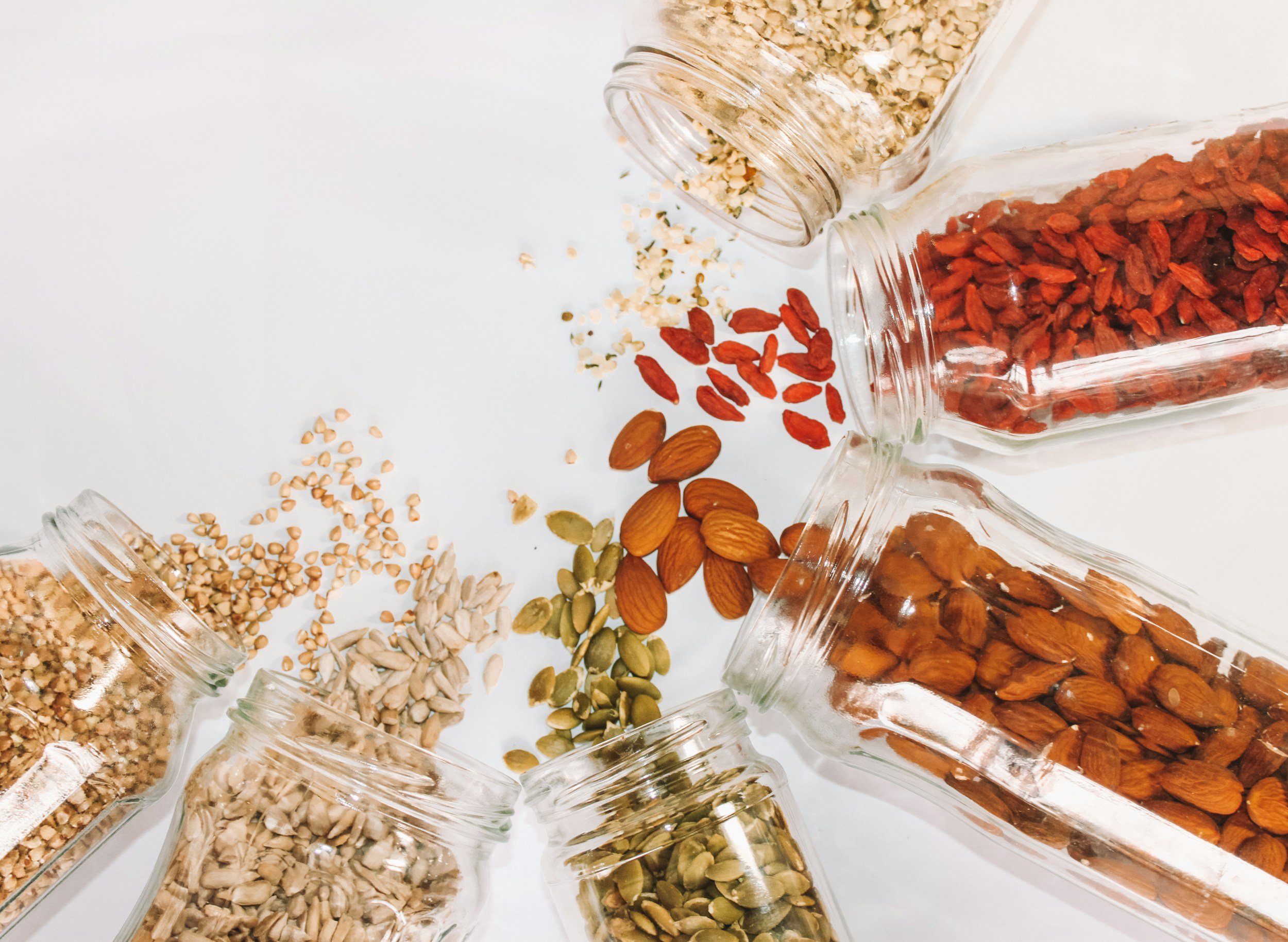Heart Health Nutrition Tips
Heart disease is the leading cause of death in the United States for men and women. In honor of American Heart Month, let’s show some love to your heart and debunk some heart issues with these eight heart health nutrition tips!
Make your plate colorful. Add a wide variety of fruits and vegetables to your plate. Fresh, canned or frozen, the options for adding a rainbow of fruits and veggies are endless. Prepare them as a side dish, make a fresh smoothie or level up your breakfast with a veggie omelet and a side of fruit.
Focus on whole foods. Many of us might not realize how processed our foods are. Foods high in saturated fat contribute to plaque buildup in the arteries, while too much salt can harden arteritis. Both lead to a lack of blood flow. Focus on a diet full of natural ingredients like fruits and veggies, lean proteins (opt for these instead of red and processed meats), nuts and seeds.
Drink up. Make water your best friend! Drink certain beverages in moderation and limit sweetened beverages, energy drinks, caffeine and alcohol, as they can increase the risk of high blood pressure and cause secondary complications like hypertension and lack of sleep. Whenever you crave something that will quench your thirst, grab the H20!
Go for whole grains. Your body needs grains to thrive. Pick whole grains full of nutrients over refined options (like white bread, rice and pasta) to lower the risk of heart disease and stroke and support fiber intake and digestion. Next time you go grocery shopping, be sure to read labels carefully for ingredients listed as whole grain.
Pick your proteins wisely. Generally speaking, choose healthy sources of proteins as part of a healthy heart diet. Fish (especially those with omega-3 fatty acids), plant-based proteins, beans and lentils are great options. For meat eaters, limit your consumption of processed meat (like hot dogs and bacon) and opt for leaner proteins with less saturated fats, such as skinless chicken or smaller portions of red meat.
Consider healthy swaps. You don’t have to deprive yourself of foods you enjoy completely; just consider making some adjustments – like avocado instead of mayonnaise, fat-free or low-fat dairy options or turkey and black bean burgers instead of traditional red meat. Use ingredients as add-ons wisely, too. Add nuts to salad or yogurt, beans to tacos and soups and cook with olive oil rather than vegetable oil.
What to minimize? You might know what you should eat, but what shouldn’t you eat? Limit your intake of processed foods, items made with added sugars and foods with higher sodium. Processed or packaged foods add unnecessary ingredients, stripping their health benefits. Check food labels, shop mainly for the parameters of the store or select frozen and canned produce and make smart-heart choices!
Pay Attention to how you prepare meals. Do you consider yourself someone who follows a healthy diet? Your body will thank you for preparing meals with your heart in mind! Some easy tricks: Instead of frying, try steaming, baking, roasting, sautéing or grilling. Cook with little to no added salt, and add fresh herbs and spices for flavor.





